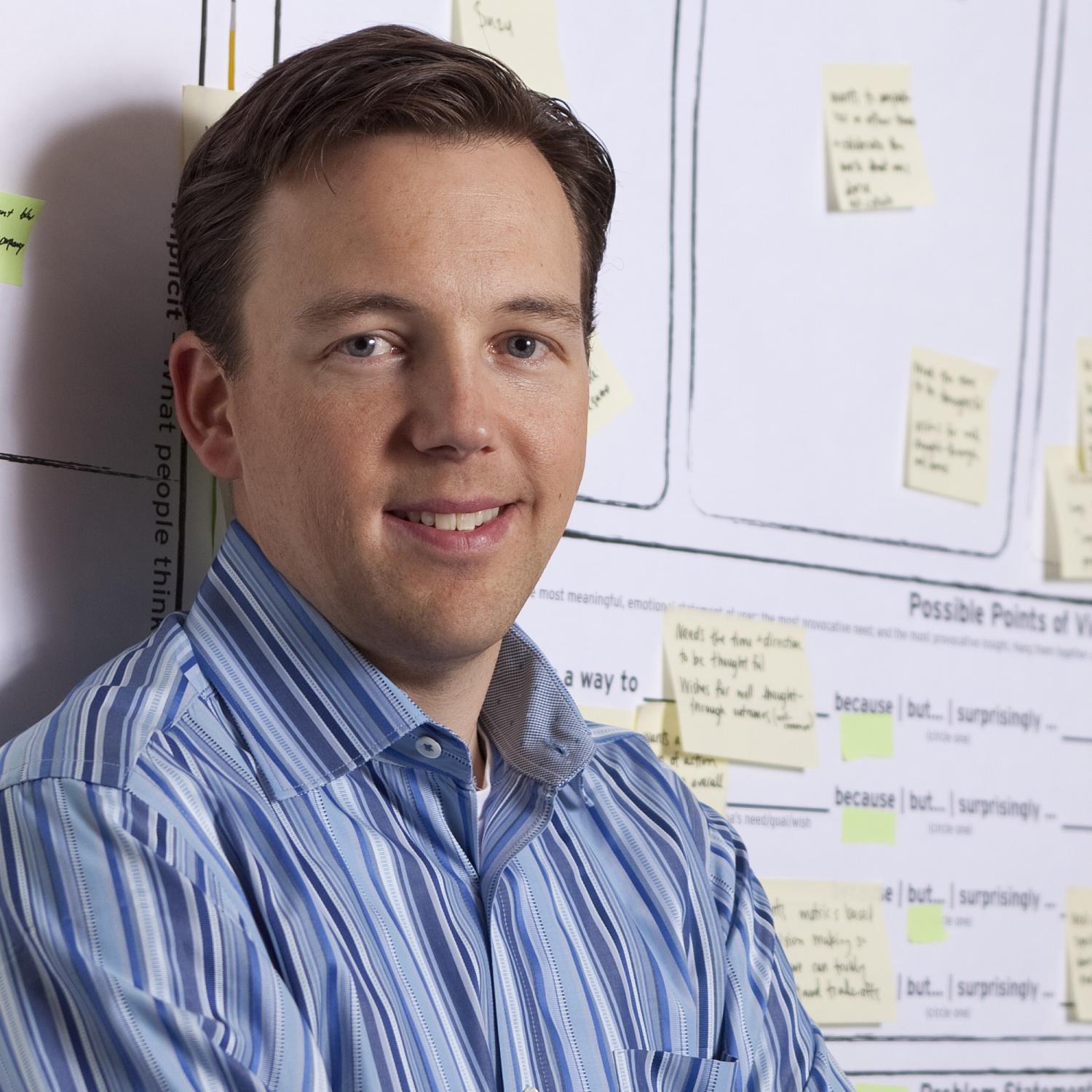Zach Nies (CompSci'95)
Why did you choose to study computer science?
I starting programming when I was 9 and started my first software business when I was 13. I knew pretty early in life that I was going to study computer science.
Who had a strong effect on your interestor trajectory in computer science?
Two people had a profound influence on my trajectory in computer science, Tim Gill (also a CU grad) and Dr. Michael Eisenberg. Before I joined CU I was working at Quark, where Tim was the founder. By my junior year at CU, Tim and I were working on the same team, and I had the opportunity to code side-by-side with a true genius. An amazing learning opportunity! At CU my favorite professor and strong influence was Dr. Eisenberg. I did an independent study with him as well where I hacked on a Scheme interpreter to add the ability to interact with QuickTime on the Mac. Again I had the opportunity to learn from a genius who unfortunately left us far too young.
What moments in your career have been most exciting or defining?
The most exciting moment of my career was standing on the floor of the New York Stock Exchange as we rang the opening bell on the day of our IPO. Unfortunately, the next two years weren't as much fun. A defining moment of my career was the experience of hearing "let's move forward to acquire your company" from one of the best software companies in the world and then two days before we were to close the deal and complete the wire transfer hearing "sorry, we are no longer going to move forward with the acquisition." A gut-wrenching experience that taught me so much about life.
What is your biggest career or life lesson to date?
There is less correlation than you would think between development effort and value to customers. Early in my career, I would often pick the most robust way to implement something and time and time again learned the lesson to focus on delivering the most value, with the least effort.
What is your current professional role? What is your favorite part of that role?
I'm currently managing director at the Techstars Sustainability Accelerator in partnership with the Nature Conservancy. I have the honor of investing in entrepreneurs who are building venture-scale businesses that have a direct, positive effect on our environment.
Are there any “words to live by,” credo or top values that you follow?
"Learn, Do, Teach, Learn" has guided much of my professional career. I love learning, but without applying that learning it can be incomplete knowledge. Then the key to really understanding something is to teach it to other people.
What advice would you give to current or future computer science students?
Learn the theory and tactics of computer science. When you study computer science it's one of the few subjects where the theories will hold for most of your career and the tactics you learn your freshman year may very well be obsolete by the time you graduate. This industry moves fast. If you only know the theories, it will be very hard to get that first job, and if you only understand the tactics, you may find yourself irrelevant in a few short years.
What do you expect or hope to see in the next 50 years of computer science?
I have no idea. I like William Gibson's approach: "The future is already here -- it's just not very evenly distributed."



